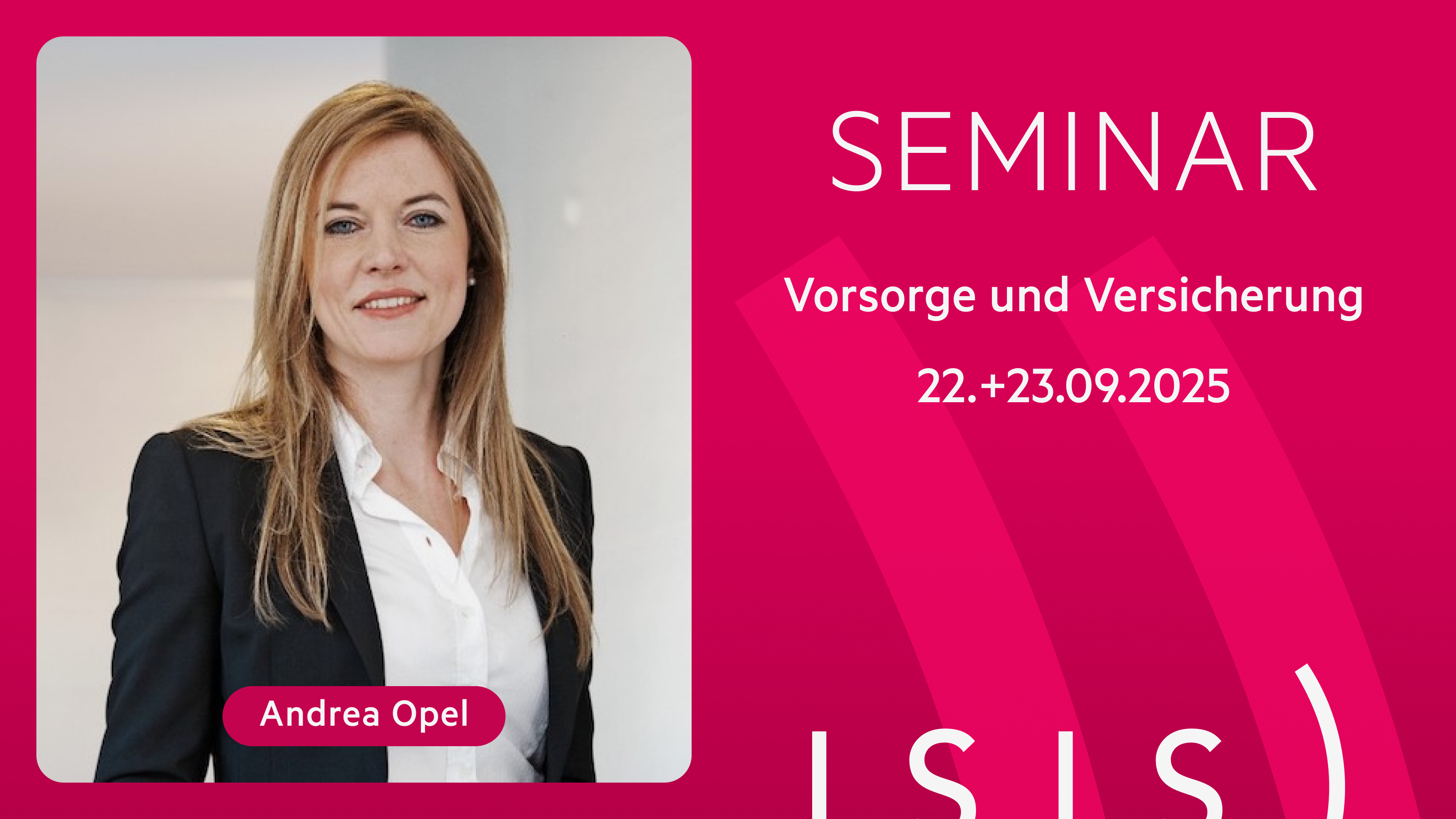Algorithmically verified tax return in the ordinary mixed assessment procedure
The digitization of the tax area and, in particular, the automation of the assessment process are advancing. In the process, risk management systems can be used to automatically check the plausibility of tax returns. Such a risk analysis can lead to challenges under fundamental rights and data protection law, which must be countered in particular by creating specific legal foundations.
How mobile working is changing tax and social security law
The home office has long since become a normal form of work. It enables greater flexibility and thus a better life-work balance, which is why many employees no longer want to do without it. In addition, the home office can also be advantageous for companies: In particular, office space can be reduced, thereby saving on rental costs and energy costs, and employee motivation can be kept high.
Home office and the cross-border commuter agreement with Italy
Today, around 85,000 Italian residents work in the border cantons of Ticino, Grisons and Valais. The cross-border commuter agreement concluded with Italy is of great importance especially for the canton of Ticino with its approximately 75,000 cross-border commuters, of which around 66,000 are considered cross-border commuters within the meaning of the agreement.
Cross-border commuter regulation Switzerland-Liechtenstein
The double taxation agreement between Switzerland and Liechtenstein contains a special rule for cross-border commuters, according to which the income from employment earned in the State of activity is allocated to the State of residence for taxation. If, on the other hand, an employee in a cross-border context does not meet the criteria established for cross-border commuters, the earned income is allocated for taxation to the State of activity and the State of residence on a pro rata basis in accordance with the general principles. Against this background, employers who employ cross-border commuters from Liechtenstein or Switzerland have different clarification and declaration obligations.
FTA publishes deductions, rates and tariffs for direct federal tax for 2022
The FTA has published the overview of deductions, rates and tariffs for direct federal tax for 2022 (no change).
Federal Council enacts higher deduction for third-party childcare
On 21 January 2022, the Federal Council enacted the higher deduction for childcare costs as of 1 January 2023. Up to CHF 25,000 can now be deducted from direct federal tax.
Proposals for the introduction of a Swiss trust
On behalf of Parliament (Motion 18.3383), the Federal Council proposes the introduction of a new legal institution in the Code of Obligations. On 12 January 2022, it opened the consultation regarding the introduction of a Swiss trust, which will last until 30 April 2022.
Dossier on tax information "Cryptocurrency" published
The FTA has published a new article "Cryptocurrency" for the tax information dossier.
FTA publishes updated working paper on cryptocurrencies and ICOs/ITOs
The FTA has updated its working paper on cryptocurrencies and initial coin/token offerings (ICOs/ITOs) as a subject of wealth, income and profit tax, withholding tax and stamp duties. It reflects the state of practice as of the end of 2020.
FTA publishes withholding tax rates 2022
On 9 December 2021, the Federal Tax Administration (FTA) published the withholding tax rates for 2022 or the corresponding rate files if already available.
Tax law challenges for partnerships (2025)
Workshop by Susanne Schreiber and Toni Hess on the occasion of the ISIS) seminar on June 02 + 03, 2025 with the title "Tax law challenges of partnerships"
ISIS) seminar folder "The world of work on the move: tax and social security challenges (2025)"
All documents from the ISIS) seminar "The world of work on the move: tax and social security challenges" held on May 22, 2025 under the direction of Petra Caminada in one PDF document. Case studies, detailed solution notes and slides: Here you will find all documents from the individual workshops according to the following content description.











